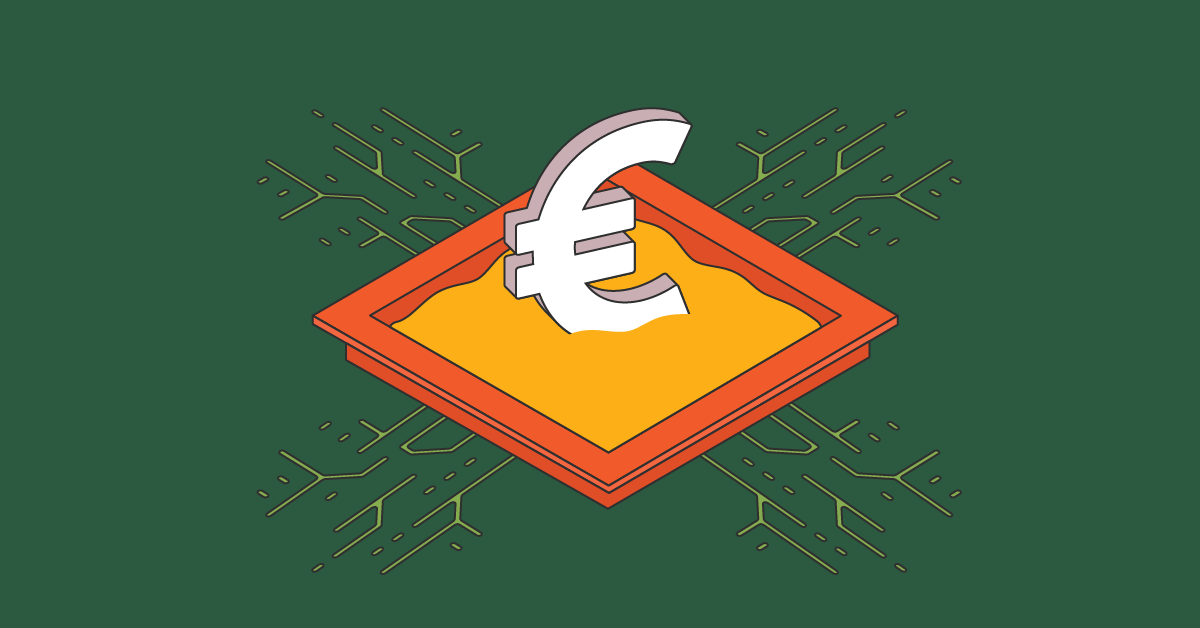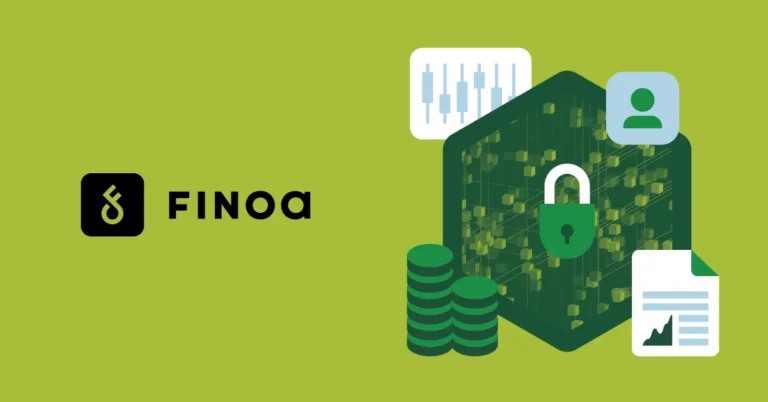Swedbank has recently announced updates to its Open Banking Sandbox platform, which has attracted more than a thousand of digital solutions developers in the past three months. Most of them come from Sweden. Lithuanian developers make up slightly more than a tenth of the applicants.
In November 2017, two months before EU’s Second Payment Services Directive (PSD2) came into force, Swedbank introduced its Open Banking Sandbox platform for fintech developers.
The bank does not hide the fact that the Open Banking initiative was driven by PSD2, which came into force in the beginning of 2018. It aims to encourage the development of innovative payment systems and increase the security of online payments. According to the Directive, clients will be able to allow third parties access to their bank accounts, and banks must comply. As a result, Swedbank is developing an Application Development Interface (API) that will allow third-party applications to access bank accounts and make payments in the client’s name with their consent.
“After presenting the opportunity to sign up for our Open Banking platform three months ago, we have seen an influx of digital solutions developers. They have already created more than 400 test applications,” says Gediminas Misevičius, IT Site Manager at Swedbank.
About half of the registered developers come from Sweden, 12% from Lithuania and Latvia, 6% from Estonia. The remaining 20% of users represent a wide range of countries from Finland to New Zealand.
The updated platform includes an extended range of payment options in the Swedish and Baltic markets. A model login service and user consent page have been added as well.
Swedbank’s IT Site Manager notes that actual customer data is not used within the platform. The sandbox platform is used to introduce and test solutions and their compatibility with the bank’s systems.
Source: Verslo žinios













